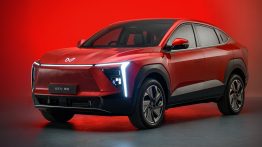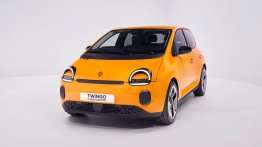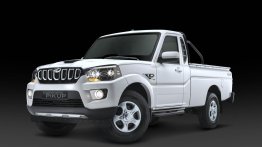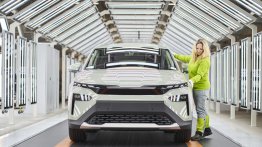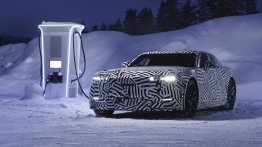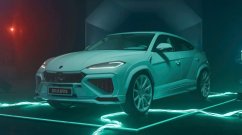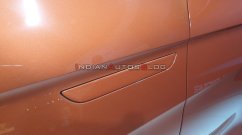Nissan is testing an innovative automotive paint designed to keep vehicle interiors cooler during hot weather, reducing the need for air conditioning and boosting overall efficiency.
Developed in collaboration with Radi-Cool, a leader in radiative cooling technology, this cutting-edge paint features metamaterial—a synthetic composite with unique properties that reflect and redirect sunlight. This technology is part of Nissan's broader effort to drive sustainable innovations in the automotive industry.
In November 2023, Nissan began a 12-month trial at Tokyo's Haneda Airport. The cool paint was applied to a Nissan NV100 service vehicle operated by All Nippon Airways (ANA) airport services. Haneda's vast open tarmac provided an ideal setting to test the paint under real-world, high-temperature conditions.
Also read: Top 5 Ways to Keep Your Car Healthy in Scorching Summer
The early results are promising. When parked in the sun, vehicles coated with Nissan’s cool paint have shown exterior surface temperatures up to 12 degrees Celsius lower and interior temperatures up to 5 degrees Celsius cooler than those with standard paint. This cooler cabin not only enhances comfort but also reduces the need for prolonged air conditioning, leading to better fuel efficiency or extended battery life in electric vehicles.
The paint's metamaterial works through two key mechanisms. First, it reflects near-infrared rays from sunlight, preventing heat buildup. Second, it emits electromagnetic waves that counteract and redirect the sun’s energy away from the vehicle. This dual action significantly reduces heat absorption on surfaces like the roof, hood, and doors.
Leading the development is Dr. Susumu Miura, a senior manager at Nissan's Advanced Materials and Processing Laboratory. With a history of innovations, including noise-reducing acoustic materials, Miura has been instrumental in adapting radiant cooling paint for automotive use. Traditional radiant cooling paints are thick and typically applied with a roller, leaving a chalky residue. However, Miura's team has developed a version that can be sprayed on like conventional automotive paint, complete with a clear topcoat for durability.
Since beginning development in 2021, Miura's team has tested over 100 samples, refining the paint to meet Nissan’s standards for durability, color consistency, and repairability. The current iteration is about 120 microns thick, significantly thicker than standard automotive paint, but the team continues to work on thinner versions with the same cooling benefits.
While still in the testing phase, Nissan hopes to eventually offer this cool paint in various colors for special orders, particularly for light commercial vehicles like vans, trucks, and ambulances that spend long hours in the sun. This breakthrough could mark a significant step towards more energy-efficient and comfortable vehicles.
